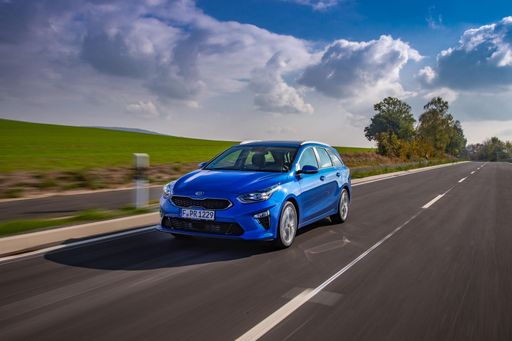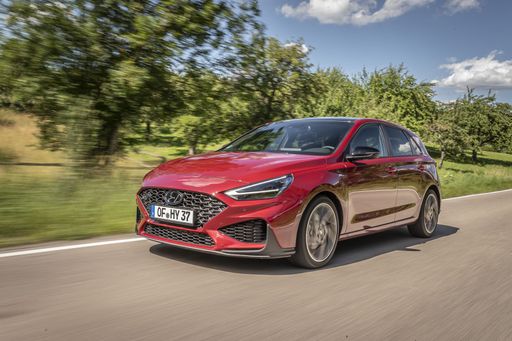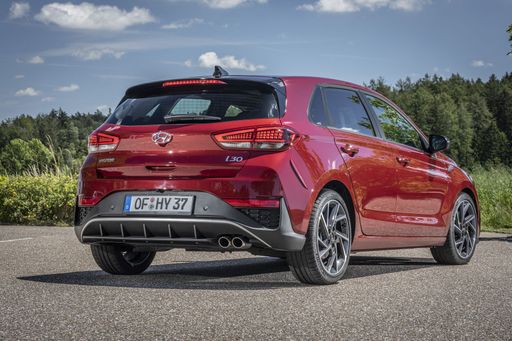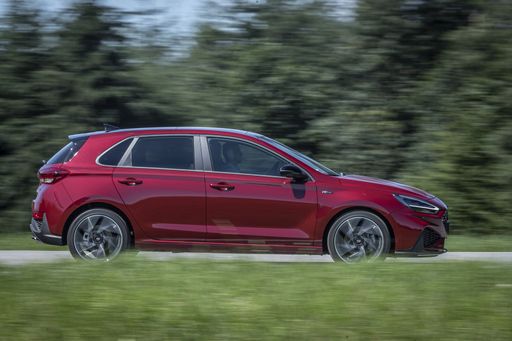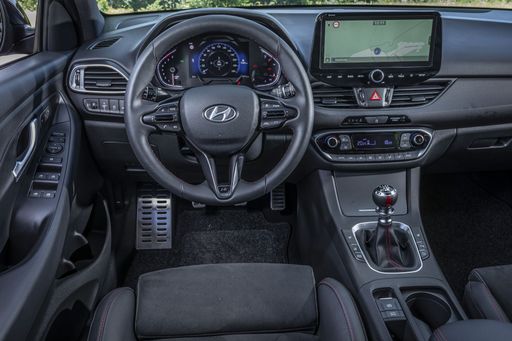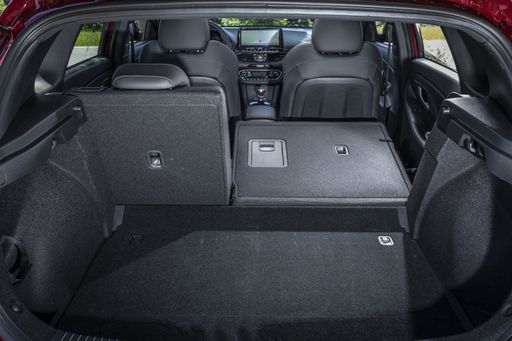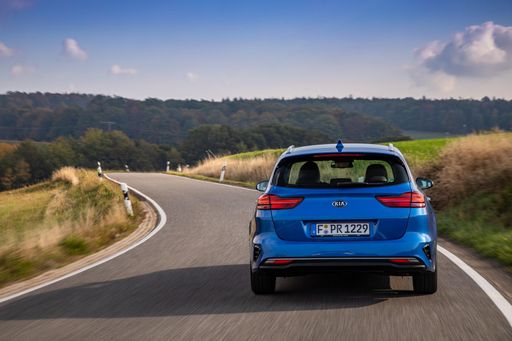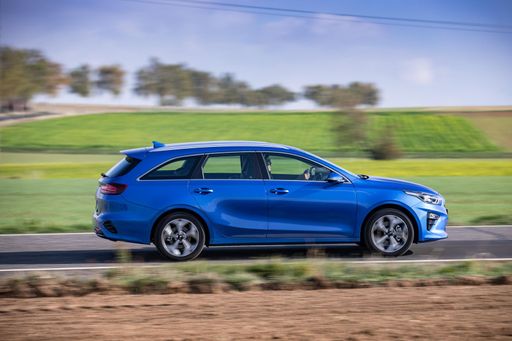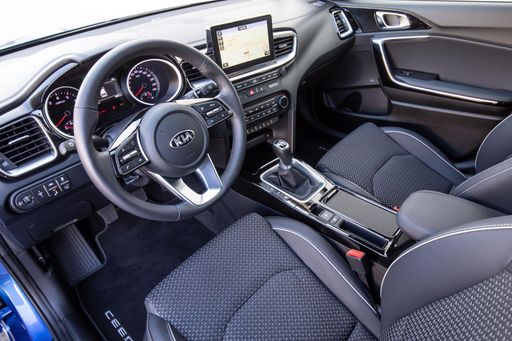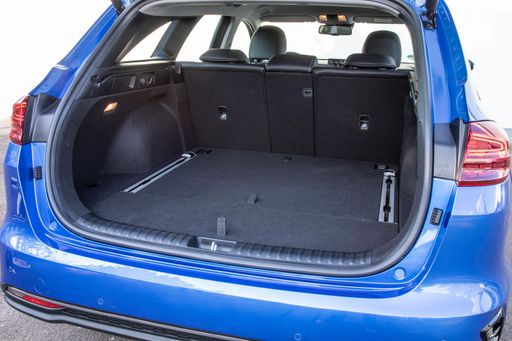Hyundai i30 vs Kia Ceed Sportswagon: A Detailed Comparison
The automotive market offers countless choices for those seeking practical, efficient, and stylish vehicles. Two popular contenders in the compact and midsize car segment are the Hyundai i30 and the Kia Ceed Sportswagon. Both cars come from renowned Korean manufacturers and cater to different needs while retaining similarities. Let's dive into their key technical aspects and innovations.

